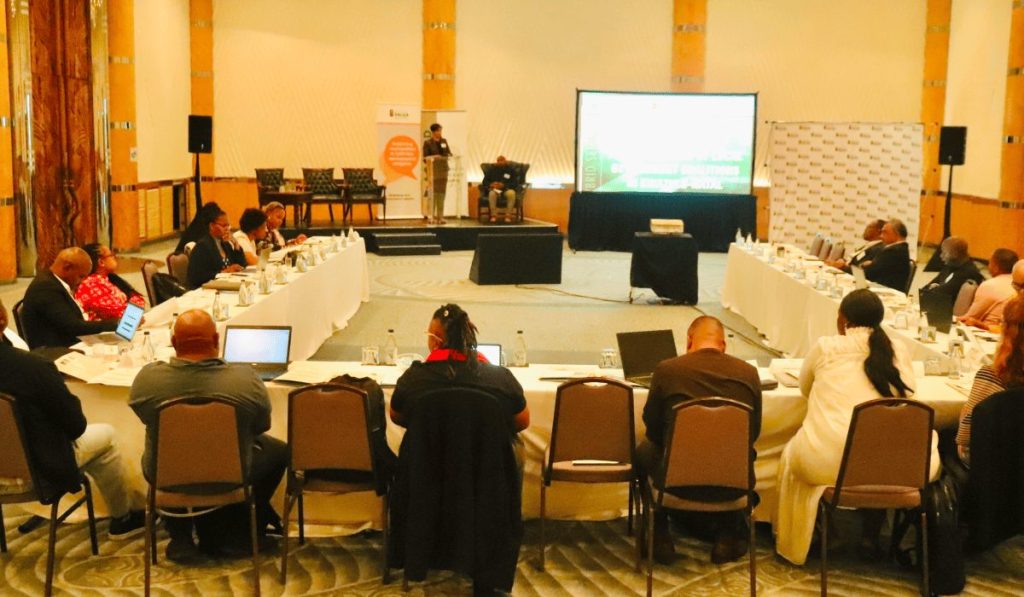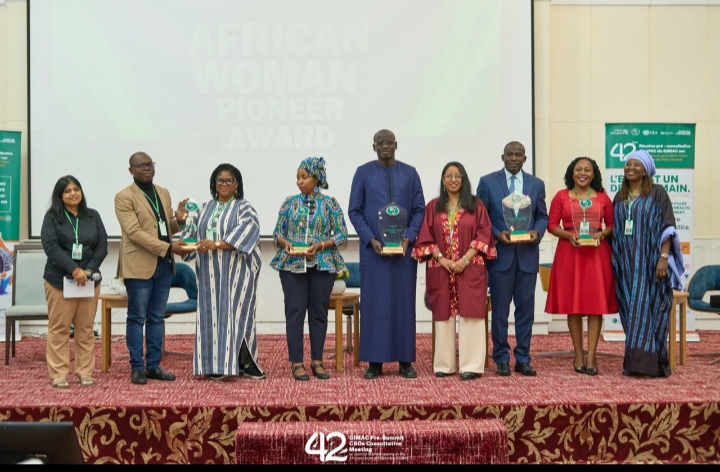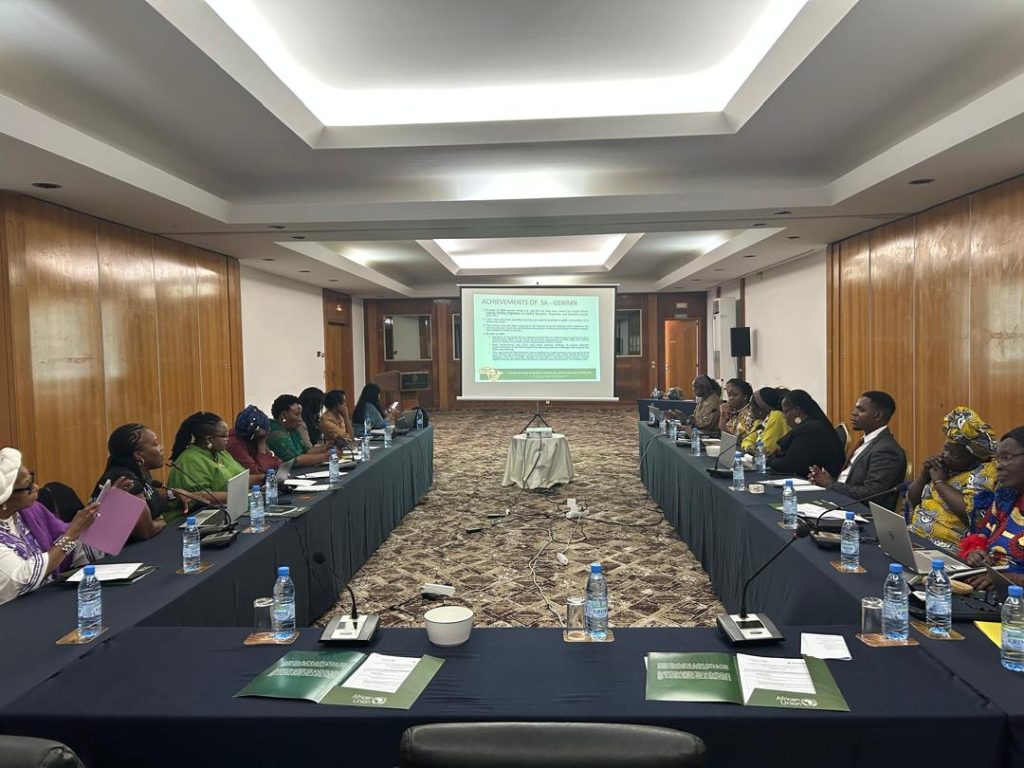On 28 November 2024, ACCORD in partnership with the KwaZulu Natal (KZN) South African Local Government Association (SALGA), organised a seminar titled, Exploring the Politics, Governance, and Administration of Local Government Coalitions in KwaZulu-Natal. The province of KZN presents a unique and compelling case study for understanding coalition governance in South Africa. Known for its political fluidity and complex history of political transitions, KZN offers valuable insights into how coalitions can function, both at the provincial and local government levels. With the results of the 2024 general elections leading to a hung national legislature and hung provincial legislatures in several regions, including KZN, there is a growing need to explore the dynamics of coalition governments. This is particularly relevant in a country that has historically been dominated by a few large political parties, but where shifting electoral trends now point to a future in which coalitions may become more common.

The seminar included key stakeholders including government departments, the KZN Department of Cooperative Governance and Traditional Affairs, the electoral commission, municipalities, academic institutions, and civil society organisations (CSOs) involved. The seminar provided a platform for a multi-faceted discussion on the challenges and opportunities facing KZN’s local governance landscape. KZN stands out as the province with the largest number and percentage of coalitions across South Africa, with 21 municipalities in the province governed by coalitions. The relative stability of executive leadership in many KZN coalitions, particularly since the 2021 local government elections, provides a fascinating contrast to the more volatile coalition dynamics observed in other parts of South Africa, especially in metropolitan municipalities.

This stability in KZN municipalities offers several critical insights into the factors that influence coalition longevity and the administrative resilience of local governments. This longevity and administrative resilience have largely been attributed to the collective executive system employed in the province, rather than the mayoral executive committee system that is commonly used in other parts of South Africa. This collective executive model has been praised as a key factor in promoting stable coalition governance, as it fosters collaboration and shared decision-making among political parties. However, despite this stability, there are ongoing challenges related to governance and service delivery across KZN. These issues are not unique to the province but reflect broader struggles within local government across South Africa. Local government in the country is facing significant political, administrative, and governance challenges, with many municipalities struggling to fulfil their constitutional obligation.The seminar brought together policymakers, scholars, practitioners, and civil society representatives from KwaZulu-Natal and Western Cape to explore the politics, governance, and administration of local government coalitions in KwaZulu-Natal. The seminar forms part of ACCORD’s project titled, ‘Contributing Towards Sustainable Coalitions at Local Government Level in South Africa funded by the Embassy of Ireland in South Africa, and it aligns with its strategic objectives in strengthening the role of multi-dimensional stakeholders and contributing to evidence-based analysis, policy support and knowledge to respond to complex conflicts.








